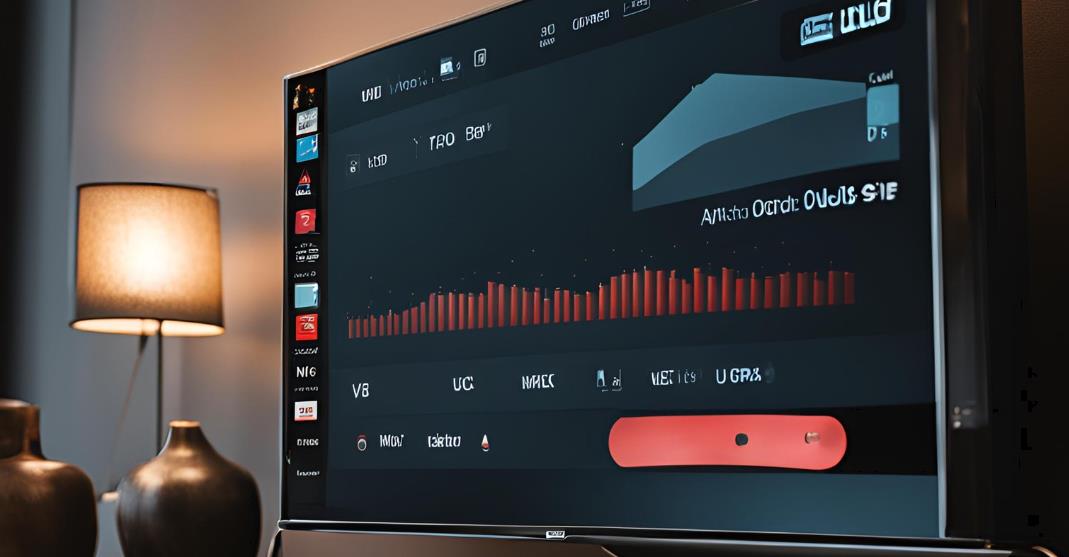Table of Contents
ToggleLife360 is a popular family-tracking app designed to keep loved ones connected and safe by sharing real-time locations. While the app aims to enhance family safety and coordination, there may be instances where you suspect someone is faking their location.
Whether it’s for security reasons or simply out of curiosity, knowing how to identify if someone is manipulating their location on Life360 can be crucial. In this blog, we’ll explore common signs of location faking and offer tips on how to address and investigate these concerns.
Understanding Life360’s Location Features
Life360 provides various location-sharing features to help families stay connected:
Real-Time Location Tracking
![]()
The app updates users on the real-time location of family members.
Location History
Life360 allows users to view the location history of members, showing where they have been over a certain period.
Geofencing Alerts
Users can set up geofences to receive notifications when family members enter or leave designated areas.
These features are designed to offer transparency and safety, but they also provide a context for identifying potential discrepancies in location data.
Signs Someone Might Be Faking Their Location
Identifying if someone is faking their location can be challenging, but there are several signs to look out for:
Inconsistent Location Updates
If the location updates are sporadic or don’t align with the person’s usual patterns, it could indicate manipulation. For example, if the app shows someone at different locations in a short span of time that isn’t physically possible, they might be faking their location.
Unusual Location Patterns
Check the location history for any unusual patterns or routes. If someone’s location data appears to jump from one distant location to another without a logical explanation, it may suggest they are using location spoofing tools.
Battery Drain and App Behavior

Excessive battery drain or unusual app behavior can sometimes indicate that someone is using a location spoofing app. If the app frequently crashes or shows erratic behavior, it could be a red flag.
Frequent Device Changes
If the person’s location seems to change drastically with frequent updates, it could mean they’re using multiple devices to manipulate their location.
Geofence Alerts Discrepancies
If you’ve set up geofences and receive alerts that don’t match up with the person’s known activities, it may be worth investigating further.
How to Tell if Someone is Faking Their Location on Life360?
Life360 is a popular family-tracking app designed to keep loved ones connected and safe by sharing real-time locations. While the app aims to enhance family safety and coordination, there may be instances where you suspect someone is faking their location. Whether it’s for security reasons or simply out of curiosity, knowing how to identify if someone is manipulating their location on Life360 can be crucial. In this blog, we’ll explore common signs of location faking and offer tips on how to address and investigate these concerns.
How to Investigate Location Faking
If you suspect someone is faking their location, consider the following steps to investigate:
Cross-Check with Other Information
Verify the suspected location with other forms of communication. Ask the person directly, or check if their reported location matches with known schedules or events.
Compare Location Data
Look at historical data and compare it with other sources of location information, such as social media posts or other apps that track locations. Discrepancies between these sources might reveal inconsistencies.
Review App Settings
Ensure that all devices involved have proper settings enabled. For example, check if the location sharing settings are accurately configured and if the app has permission to access location services.
Seek Professional Advice
If the situation is critical and involves safety concerns, consider seeking advice from a professional or using additional security tools to verify locations.
Does Life360 Tell You When Someone Checks Your Location?
Life360 does not notify users when someone checks their location. The app allows family members to view each other’s locations and activity without sending alerts or notifications about these actions. This design supports the app’s purpose of providing a seamless and continuous view of family members’ whereabouts.
While this feature enhances convenience and transparency, it also emphasizes the importance of trust and communication among users. To ensure that everyone is comfortable with how their location is being used and monitored, it is advisable for family members to have open discussions about their preferences and expectations regarding location sharing.
Addressing Concerns with Transparency
If you find evidence suggesting that someone might be faking their location, approach the situation with transparency and communication:
Discuss Your Concerns

Have an open and honest conversation with the person. Explain your concerns and ask for clarification. They may have a legitimate reason for the discrepancies.
Reevaluate Trust and Boundaries
Revisit the boundaries and expectations you have for using Life360. Ensure that all family members understand the importance of honesty and how it affects everyone’s sense of security.
Update Security Measures
Based on the discussion, update your security measures and settings if needed. Ensure that everyone is on the same page regarding location sharing and privacy.
While Life360 is a valuable tool for family safety and connectivity, it’s important to be vigilant about potential misuse or location faking. By recognizing the signs of manipulation, investigating discrepancies, and addressing concerns transparently, you can maintain trust and ensure that the app fulfills its purpose of enhancing family safety. Always approach these situations with care and communication to uphold the integrity of your family’s tracking system.
FAQs on How to Tell If Someone Is Faking Their Location on Life360
How can I tell if someone is faking their location on Life360?
Look for signs like inconsistent location updates, unusual location patterns, sudden battery drain, frequent device changes, and discrepancies in geofence alerts. Cross-check location data with other information and review app settings for inconsistencies.
Does Life360 notify me if someone checks my location?
No, Life360 does not send notifications when someone views your location. The app allows users to see each other’s locations without alerting the person being tracked.
What should I do if I suspect someone is faking their location?
Investigate by comparing location data with other sources, reviewing historical data, and checking app settings. Have an open conversation with the person involved to discuss any concerns and update security measures as needed.
Are there tools or apps that people use to fake their location on Life360?
Yes, some individuals use GPS spoofing apps or tools to manipulate their location data. These tools can create fake location updates to mislead tracking systems.
Can Life360 detect if someone is using location spoofing tools?
Life360 does not specifically detect GPS spoofing or other location manipulation tools. It relies on the integrity of the users and their devices to provide accurate location data.
How can I ensure that my location on Life360 is accurate?
Make sure your device’s location services are enabled and that Life360 has the necessary permissions. Regularly check and update app settings and ensure that your device’s GPS is functioning correctly.



